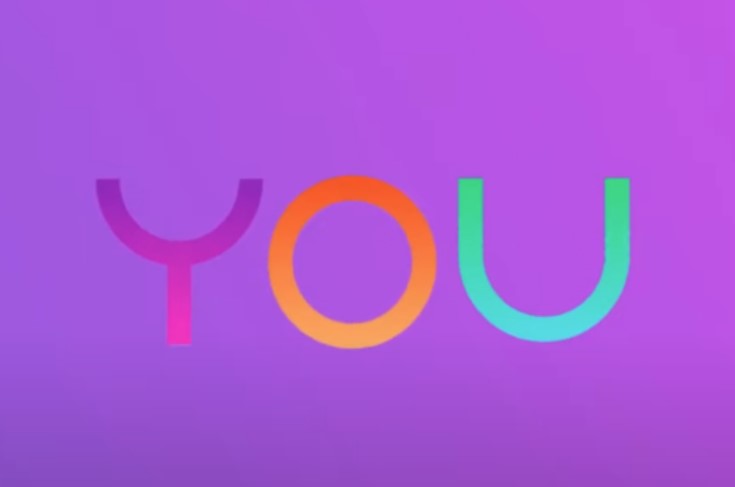
by Sharon Goldman – venturebeat.com — One of the biggest topics underlying the hype bonanza since OpenAI’s release of ChatGPT two weeks ago has been: What does this mean for Google search? But it was only on Tuesday evening that Google appeared to finally weigh in on the topic: CNBC reported that employees raised concerns at a recent all-hands meeting that the company was losing its competitive edge in artificial intelligence (AI) given ChatGPT’s quick rise. Building enterprise apps and automating workflows rapidly – but successfully – Low- “Is this a missed opportunity for Google, considering we’ve had Lamda for a while?” read one top-rated question. Alphabet CEO Sundar Pichai and Jeff Dean, the long-time head of Google’s AI division, responded to the question by saying that the company has similar capabilities in its LaMDA model, but that Google has more “reputational risk” in providing wrong information and therefore is moving “more conservatively than a small startup.” ChatGPT, of course, has been heavily criticized for its ability to make up facts while making them sound plausible, and even OpenAI CEO Sam Altman admitted the risks last weekend.
You.com opens up search platform to generative apps
Meanwhile, You.com, the search engine startup founded in 2020 with a moonshot bid to take on Google, announced today that it has opened its search platform to allow external developers and organizations to build their own apps for the search results page. This includes generative AI apps, it says, that have never been seen inside traditional search engines, using generative AI technology that enables users to generate text (YouWrite), code (YouCode), or images (YouImagine) from plain English — all within the search results page. “Whenever someone says Reddit is the new search, or TikTok is the new search, or ChatGPT is the new search, we are usually the first to actually incorporate those features,” Richard Socher, cofounder and CEO of You.com, told VentureBeat. “ChatGPT is coming from large language models — we were actually the first search engine that uses large language models to generate code insights or to generate natural language or new images inside the search results.”
Next step in effort to offer Google search alternative
You.com, which says it reaches over 1 million actively searching users and has grown over 400% in the last six months, maintains this is the next step in the platform’s evolution — designed to empower users to take back control of their search experience to save time and customize their information diet, search results and privacy settings. There are already 200+ first-party apps on You.com, allowing users to find summarized information or to complete a task without having to leave the results page. The apps include a weather forecast and those that include useful summaries across large forums such as Reddit, StackOverflow, GitHub, or recipes enabling quick skimming and faster answers to coding problems, discussions or ingredients. “I’m really excited to enable more people to take all this creativity that we now see with AI and generative apps in the image and text space and bring that to an open platform,” said Socher, “so that people can find it, can use it and, if they really like it, can start paying for it.” Taking on Google is a moonshot, but ChatGPT is just the beginning “People are 100% looking for something different,” he added, while admitting that saying You.com is challenging Google is “somewhere between cool, ambitious and stupid.” “We launched last year in November and I felt this inkling, because you can kind of hear it from experts in the technical space, that you’re going to see the beginning of a wave now, as more and more people try to find something else [for search] — it feels very exciting and very meaningful.”
Of course, Google handles billions of searches every single day — so it isn’t going anywhere anytime soon. But perhaps ChatGPT — and even You.com — is just the beginning of new, imaginative thinking around the future of AI and search. And as Alex Kantrowitz told Axios recently, Google may have to make a move: “It’s game time for Google,” he said. “I don’t think it can sit on the sidelines for too long.”



